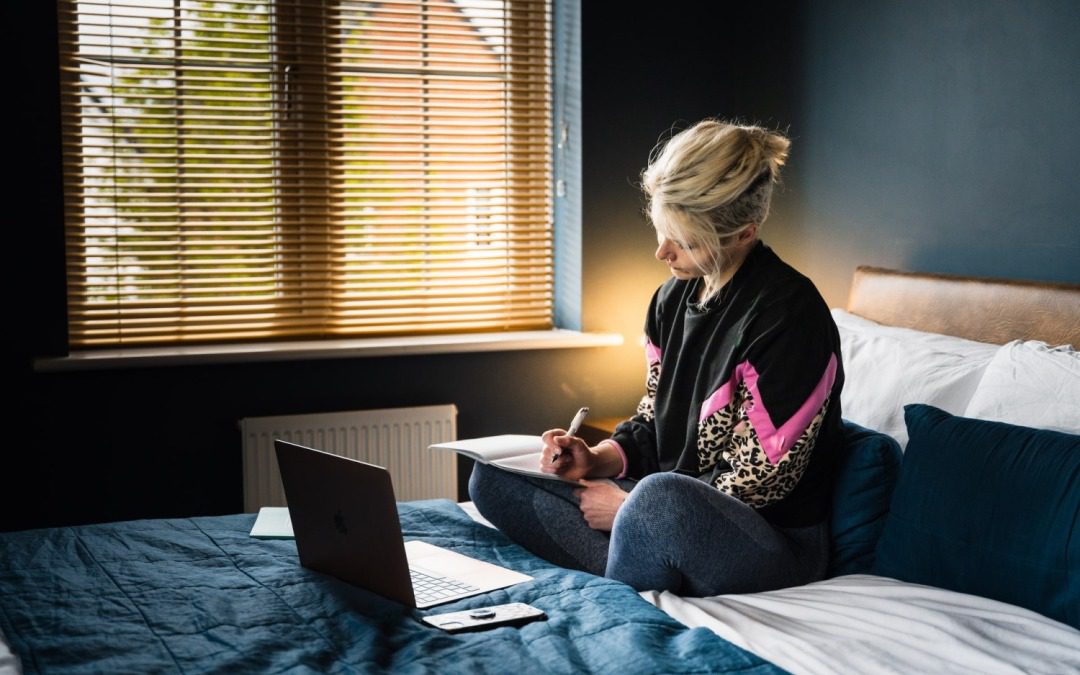Keeping a regular record of how you feel and your experiences can be a very useful tool in recovery. The journal can be used to record your struggles and accomplishments, and it can also help you debrief at the end of the day. This way you can clearly work through any difficult emotions, or at least get them written down and out of just your thoughts.
Your journal can make sure you are held accountable for all the decisions you make, aiding self-discovery It’s an expressive way to help you better understand your own thoughts and actions.
What types of journaling is there?
There are various ways of journaling, and the following best lend themselves to the recovery process:
- Keeping a Diary
This is where you write down the events that took place in your day, and how they make you feel. - Evening Reflection
Reflecting on the events that took place that day, including emotions you felt or thoughts you had, how you could have behaved differently and made better choices. - Gratitude Journaling
Taking note of all the things that you are grateful for that day, and things you appreciate. - An Objective Journal
One where you keep track of your goals and what steps you can take to progress towards achieving them.
What are the benefits of keeping a journal?
Keeping a journal can benefit the writer by making them less apprehensive to share their emotions and thoughts, and have less fear of criticism.
Keeping a journal has connections with reducing connections and feelings of grief. It can help combat stress, having a positive knock-on effect on your immune function and digestive symptom.
Acknowledging your feelings and expressing difficult thoughts helps the writer understand themselves better and create more positive outcomes for themselves. It can help you track goals, responsibilities, setbacks and success.
In recovery, you’ll be better equipped to recognise triggers and identify the negative inner voice, so you can challenge these and take a more positive stand against them.
How do I keep a recovery journal?
There is no right or wrong way to do this. Simply pick a private place and write what you seem fit for that day. You can choose one of the styles of journaling to help you get started, or write more loosely. Try to write each day if you can, the consistency will help you organise your thoughts better.



